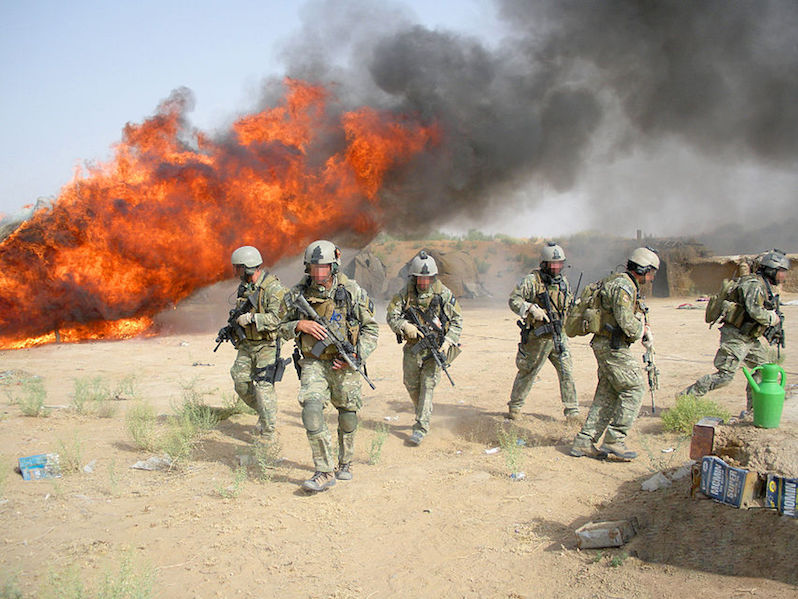To the Next U.S. President, the Unlimited Power to Spy, Imprison and Kill
By mutual consent of those in power in Washington, all resistance to illegal surveillance, detainment and murder is now firmly in the past, and the power to use them will pass to the nation's next leader—whoever it is. By mutual consent of those in power in Washington, all resistance to illegal surveillance, detainment and murder is now firmly in the past, and the power to use them will pass to the nation's next leader—whoever it is. Burning hashish seized in Operation Albatross, a combined operation of Afghan officials, NATO and the DEA. (DEA)
1
2
Burning hashish seized in Operation Albatross, a combined operation of Afghan officials, NATO and the DEA. (DEA)
1
2

Burning hashish seized in Operation Albatross, a combined operation of Afghan officials, NATO and the DEA. (DEA)
Independent journalism is under threat and overshadowed by heavily funded mainstream media.
You can help level the playing field. Become a member.
Your tax-deductible contribution keeps us digging beneath the headlines to give you thought-provoking, investigative reporting and analysis that unearths what's really happening- without compromise.
Give today to support our courageous, independent journalists.






You need to be a supporter to comment.
There are currently no responses to this article.
Be the first to respond.